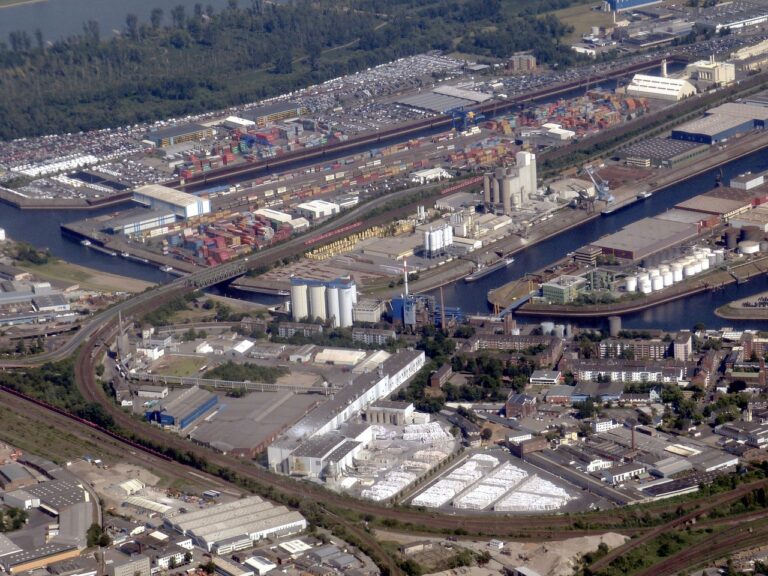The Future of Automotive Supply Chains: Sky 247, Diamondexch9.com register, Tigerexch
sky 247, diamondexch9.com register, tigerexch: Automotive supply chains have always been a critical component of the industry. From sourcing raw materials to delivering finished products, supply chains play a vital role in ensuring the efficiency and reliability of the automotive sector. However, with the rise of new technologies and changing consumer preferences, the future of automotive supply chains is set to undergo significant transformations.
The traditional automotive supply chain model has been based on a linear system where materials are sourced, manufactured, and distributed in a sequential manner. This approach has been effective in the past, but it is increasingly becoming outdated in today’s fast-paced and dynamic market. With the advent of new technologies such as artificial intelligence, blockchain, and the Internet of Things, supply chains are now evolving into more interconnected and agile systems.
One of the key trends shaping the future of automotive supply chains is the integration of digital technologies. These technologies are enabling companies to track and manage their supply chains in real-time, leading to greater visibility, transparency, and efficiency. For example, by leveraging blockchain technology, automotive companies can create secure and immutable records of their supply chain transactions, reducing the risk of fraud and counterfeiting.
Another key trend is the shift towards a more sustainable and environmentally-friendly supply chain. With increasing concerns about climate change and environmental degradation, automotive companies are under pressure to reduce their carbon footprint and adopt green practices. This includes sourcing materials from renewable sources, optimizing transportation routes to reduce emissions, and implementing recycling programs to minimize waste.
Additionally, the rise of electric vehicles (EVs) is also driving changes in automotive supply chains. As more consumers make the switch to EVs, automakers are faced with the challenge of sourcing new materials such as lithium and cobalt for batteries. This has led to a shift towards vertical integration, with companies forming partnerships with battery manufacturers to secure a stable supply of critical materials.
Furthermore, the rise of autonomous vehicles and connected cars is revolutionizing the way supply chains operate. These technologies are enabling cars to communicate with each other and with infrastructure, leading to new opportunities for vehicle-to-vehicle and vehicle-to-infrastructure communication. This has the potential to streamline logistics operations, improve safety, and reduce congestion on roads.
In conclusion, the future of automotive supply chains is set to be shaped by digital technologies, sustainability initiatives, the rise of EVs, and advancements in autonomous and connected vehicles. By embracing these trends and adapting to the changing landscape, automotive companies can ensure that their supply chains remain competitive and resilient in the years to come.
—
**FAQs**
1. **What role do digital technologies play in the future of automotive supply chains?**
Digital technologies such as artificial intelligence, blockchain, and the Internet of Things are transforming automotive supply chains by enabling real-time tracking, greater transparency, and increased efficiency.
2. **How are automotive companies addressing environmental concerns in their supply chains?**
Automotive companies are adopting sustainable practices such as sourcing materials from renewable sources, optimizing transportation routes to reduce emissions, and implementing recycling programs to minimize waste.
3. **How are EVs impacting automotive supply chains?**
The rise of electric vehicles is driving changes in automotive supply chains as companies seek to secure a stable supply of materials such as lithium and cobalt for batteries.
4. **What opportunities do autonomous vehicles and connected cars present for supply chains?**
Autonomous vehicles and connected cars have the potential to streamline logistics operations, improve safety, and reduce congestion on roads through vehicle-to-vehicle and vehicle-to-infrastructure communication.







